This article was medically reviewed by Janice Litza, MD. Dr. Litza is a board certified Family Medicine Physician in Wisconsin. She is a practicing Physician and taught as a Clinical Professor for 13 years, after receiving her MD from the University of Wisconsin-Madison School of Medicine and Public Health in 1998.
There are 10 references cited in this article, which can be found at the bottom of the page.
wikiHow marks an article as reader-approved once it receives enough positive feedback. In this case, several readers have written to tell us that this article was helpful to them, earning it our reader-approved status.
This article has been viewed 133,119 times.
Studies show that nonalcoholic fatty liver disease, or NAFLD, is the most common form of chronic liver disease in the United States.[1] Fatty liver disease occurs when 5 to 10 percent of your liver mass consists of fat. The disease may have been brought on through alcoholic or nonalcoholic sources, but either way, it can cause serious health problems if not attended to. Thankfully, experts note that fatty liver disease can be reversed through diet and lifestyle changes.[2]
Steps
Part One: Altering Your Diet and Lifestyle
-
1Lose weight. If you have fatty liver disease and are overweight or obese, gradual weight loss can help reverse some of the damage to your liver.[3]
- The key lies in losing the weight gradually. Aim for 1 to 2 lbs (450 to 900 g) a week. Losing more than that can cause complications.
- Studies suggest that losing at least 9 percent of your weight over the course of several months can reverse the effects of fatty liver. Less weight loss than this may not reverse the damage, but it will still lessen current and future buildup of fat in the liver.
- Lose the weight by maintaining a proper diet and staying physically active. Stay away from diet supplements or fad diets.
-
2Exercise. Staying physically active can help you drop weight or maintain a healthy weight. Exercise also improves circulation, which improves your body's ability to disperse fats throughout the body, and it also forces the body to use carbohydrates for energy instead of converting them into additional fats.
- Light the moderate exercise is still better than nothing. If you are not accustomed to exercising, start small by committing to a 30-minute walk 3 to 5 times a week. Gradually increase that amount until you are walking every day of the week.
- Cardiovascular exercises—activities that get your heart pumping, like walking, cycling, and swimming—are preferred over strength training exercises that focus on building muscle.
Advertisement -
3Limit simple sugars and carbohydrates. Insulin is a hormone that stores fat, and as a result, you need to drop the insulin levels in your body if you want to reverse fatty liver disease. Simple sugars and refined carbohydrates increase the insulin in your body, so you should avoid them.[4]
- The body digests these simple carbohydrates quickly, and as a result, you experience a spike in blood sugar after consuming them. Complex carbohydrates are healthier because they take longer for the body to break down and do not result in the same sort of dramatic blood sugar increase.
- In particular, this includes food made with white flour and high amounts of sugar. These foods should be avoided altogether, but you also need to limit carbohydrates in general, even those made from whole grains.
- Restrict your intake of bread, pasta, rice, cereal, cake, pastry, and snack foods made with flour.
-
4Eat more vegetables. Vegetables offer healthy, complex carbohydrates in smaller doses than grains, so they have very little effect on blood sugar and insulin. They may even help cleanse fat from the liver and restore the organ's filtration abilities.[5]
- You can eat vegetables raw or cooked, but avoid adding salad dressing or similar foods that may contain unhealthy fats.
- For an added health boost, consider drinking two to three glasses of raw vegetable juice a week. Each glass should be 8 to 10 oz (250 to 300 ml) and contain 90 to 95 percent vegetables. The rest of the drink should contain fruit, rather than artificial sweeteners.
- Fresh fruit can also help cleanse the liver, but you need to be careful when consuming it since fruit also contains a higher dose of sugar and can cause insulin problems.
-
5Eat more protein. Protein does not have any harmful effects on your blood sugar or insulin levels. If anything, it can help keep your blood sugar levels stable. Protein also reduces hunger, making it easier for you to eat less and lose weight.
- Try to get your protein from healthy sources, including eggs, poultry, low-fat meats, seafood, nuts, seeds, legumes, and low-fat dairy.
-
6Consume healthy fats. You might think that a low-fat diet would help reverse the effects of fatty liver, but this is only partially true. You should avoid unhealthy fats found in "junk food" like potato chips and pizza, but you need to include healthy fats in your diet if you want your body to be fully nourished.
- Look for healthy fats in food sources like seafood, olive oil, nut oils, nut butters, raw nuts, seeds, and eggs.
-
7Skip the alcohol. Alcohol is a major cause of fatty liver. Even if you have nonalcoholic fatty liver disease, you should still cut alcohol from your diet or severely restrict it.
- Alcohol causes inflammation and damages your liver cells. As a result, the liver becomes weak against fat cells and allows those fat cells to build up.
- Some unconventional research performed by the University of California-San Diego School of Medicine suggests that drinking one glass of wine each day can actually decrease and reverse nonalcoholic fatty liver. The risk of further liver disease can even be cut in half. This only applies to wine, though, and not to other types of alcohol. Beer and other liquor will increase the risk of further liver damage.[6]
-
8Avoid unnecessary medications. Your liver acts as a filter. While many medications have no impact on your liver, many others can actually cause your liver to become weakened or damaged. Let your healthcare providers know you have fatty liver disease so they can prescribe you with medications with the least impact on your liver.
- Over-the-counter medications known to have a negative effect on the liver include analgesic drugs, like those containing acetaminophen, or herbal medicines like Kava Kava.
Part Two: Using Natural Supplements
-
1Use vitamin E. Take enough supplemental vitamin E capsules to provide you with 800 IU daily. Don’t go over the daily recommended amount because too much could be harmful to your body.
- A study performed at the Virginia Commonwealth University Medical Center indicated that vitamin E can lower some liver enzymes that are commonly believed to advance liver disease. It may even be able to heal some liver scarring.
-
2Take fish oil capsules. Use 1,000 mg of supplemental Omega-3 fatty acids each day. These fatty acids can be obtained through fish oil capsules.
- The British Medical Journal reported that this amount of Omega-3 fats can decrease the serum markers associated with liver cell damage. It may also be able to lower triglyceride levels and glucose levels in the body, thereby lowering common risk factors associated with fatty liver disease.
-
3Experiment with milk thistle. Take a daily milk thistle supplement capsule or brew a cup of tea using a milk thistle tea bag. You can also combine 10 drops of milk thistle extract directly into a glass of water.
- Silymarin, which is found in milk thistle, serves as an antioxidant and anti-inflammatory. Some research suggests that it can directly affect liver function by reducing the release of harmful cytokines from an inflamed liver. As a result, the liver can more easily undergo a natural healing process, during which its fat accumulation can decline.
- If you are prescribed medicines that could impact the liver, milk thistle is a good option to combat them.
-
4Harness the power of green tea. Drink two to three cups of green tea on a daily basis. If this does not appeal to you, then take 600 mg of supplemental green tea extract daily.
- More precisely, you can find supplemental green tea extract by purchasing supplements containing catechins derived from decaffeinated green tea.
- Some studies suggest that green tea and catechins derived from green tea can decrease intestinal fat absorption and storage. They can also encourage the oxidation of fatty acids, thereby helping your body use those fatty acids for energy.
-
5Try probiotics. Take a daily probiotic capsule. For an even more natural approach, you could also obtain probiotics through foods that contain healthy live bacteria or yeast. Yogurt, for instance, tends to be high in probiotics.
- While there are no firm conclusions yet, some research suggests that the consumption of healthy bacteria can counteract the effects of an unhealthy or unbalanced diet. Since fatty liver disease can be connected to unhealthy diets, probiotics may help combat and reverse this form of liver damage.
Part Three: Seeking Medical Treatments
-
1Ask your doctor about certain diabetes medications. Fatty liver is often linked to diabetes, and early research suggests that some diabetes medications might also have a positive effect on fatty liver. In particular, look at metformin, rosiglitazone, and pioglitazone.
-
2Learn about orlistat. This medication is usually used for weight loss, but it is also being investigated as a treatment for fatty liver. It blocks the absorption of some fat from your food, and as a result, less fat can be absorbed by the liver and the rest of your body.[10]
-
3Go to your doctor for regular check-ups. In particular, you should see a doctor who specializes in liver care. Together, the two of you can figure out which treatments are working for you and what you need to avoid.
-
4Get treatment for related medical conditions. People with nonalcoholic fatty liver disease often have other medical problems related to their insulin levels and the amount of fat stored in their bodies. Ask your doctor if you are at risk for some of these diseases.
- Diseases commonly associated with fatty liver include diabetes, hypertension, and high cholesterol.
Expert Q&A
Did you know you can get expert answers for this article?
Unlock expert answers by supporting wikiHow
-
QuestionHow do I know if my fatty liver is caused by alcohol consumption or a high carbohydrate diet?
 Janice Litza, MDDr. Litza is a board certified Family Medicine Physician in Wisconsin. She is a practicing Physician and taught as a Clinical Professor for 13 years, after receiving her MD from the University of Wisconsin-Madison School of Medicine and Public Health in 1998.
Janice Litza, MDDr. Litza is a board certified Family Medicine Physician in Wisconsin. She is a practicing Physician and taught as a Clinical Professor for 13 years, after receiving her MD from the University of Wisconsin-Madison School of Medicine and Public Health in 1998.
Board Certified Family Medicine Physician
Warnings
- The advice provided here should only be used as a “first step.” Before embarking on any form of treatment, you should take your concerns to your doctor. Always work with your doctor to determine the right treatment plan for you.⧼thumbs_response⧽
- Experimental treatments should not be relied upon. The data surrounding the effects of certain vitamins and supplements is still limited, as is the data surrounding the impact of diabetes medications and similar medications.⧼thumbs_response⧽
- If the damage to your liver becomes too severe, you may not be able to reverse it. A liver that stops working at an acceptable degree will need to be removed and replaced via a transplant operation.⧼thumbs_response⧽
References
- ↑ https://www.mayoclinic.org/diseases-conditions/nonalcoholic-fatty-liver-disease/symptoms-causes/syc-20354567
- ↑ https://www.mayoclinic.org/diseases-conditions/nonalcoholic-fatty-liver-disease/diagnosis-treatment/drc-20354573
- ↑ https://www.health.harvard.edu/blog/weight-loss-can-help-head-off-lasting-damage-caused-by-fatty-liver-2020043019664
- ↑ http://www.naturalhealthmag.com.au/content/love-your-liver-dr-sandra-cabot
- ↑ https://www.liver.org.au/fattylivernutrition
- ↑ http://health.usnews.com/health-news/family-health/diabetes/articles/2009/04/10/nonalcoholic-fatty-liver-disease-5-tips-for-treatment-prevention
- ↑ https://www.drugs.com/metformin.html
- ↑ https://www.drugs.com/cdi/rosiglitazone.html
- ↑ http://www.drugs.com/cdi/pioglitazone.html
About This Article
To reverse fatty liver, aim to lose 1-2 pounds a week by eating healthy and exercising. Focus on cardiovascular exercises, like walking, cycling, and swimming since they'll help you lose the most weight. For your diet, eat more proteins and vegetables and limit how much simple sugar and carbohydrates you're consuming. You should also avoid alcohol and unnecessary medications since they can weaken your liver and worsen fatty liver disease. To learn how to take supplements to reverse fatty liver, scroll down!
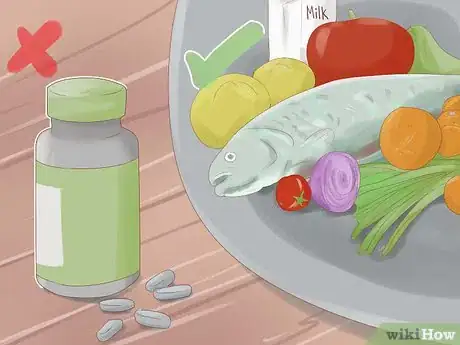

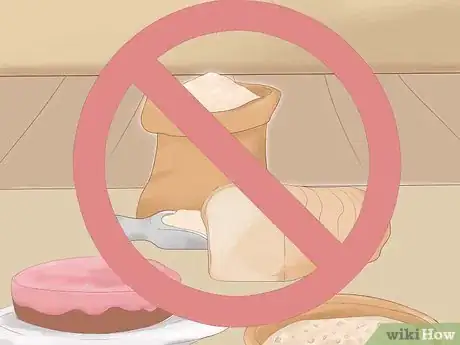
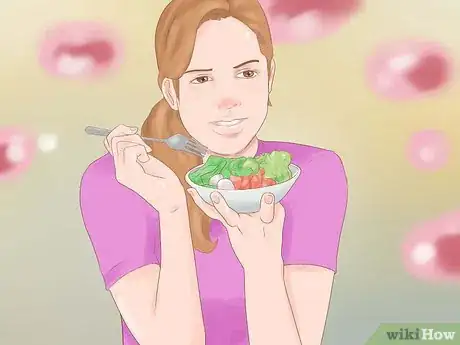
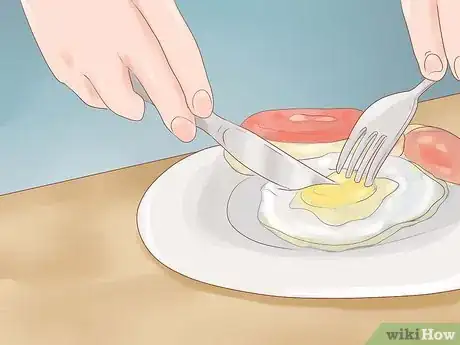
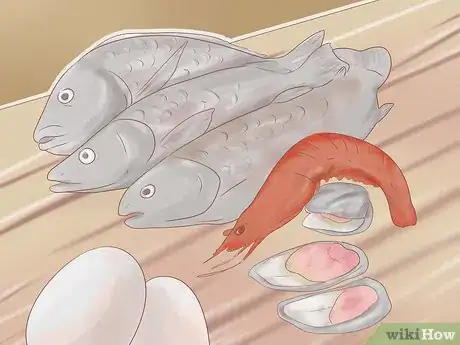
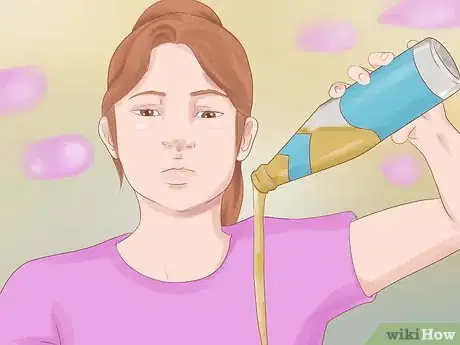
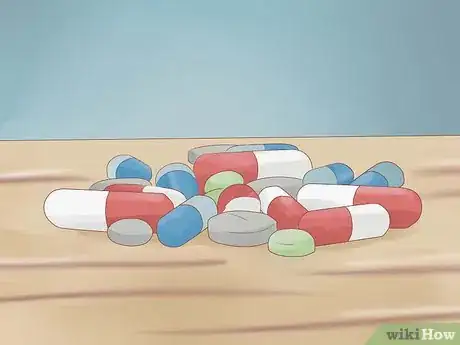
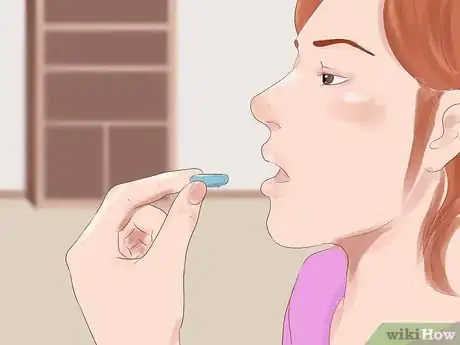
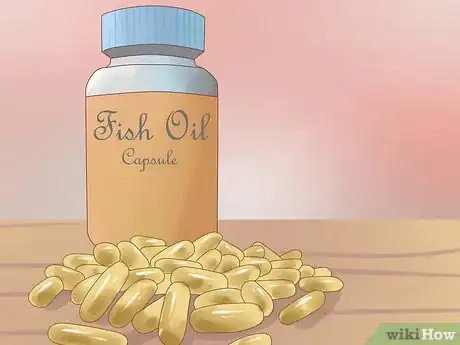
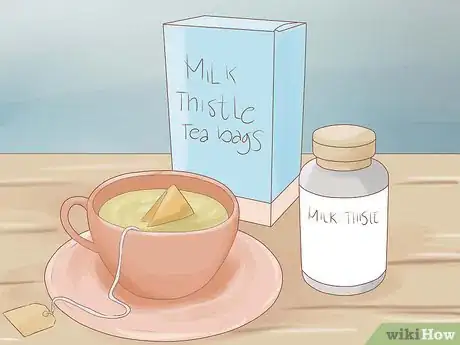

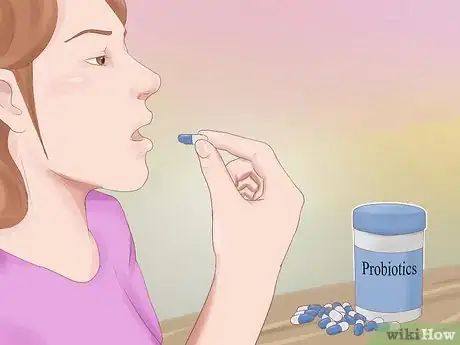
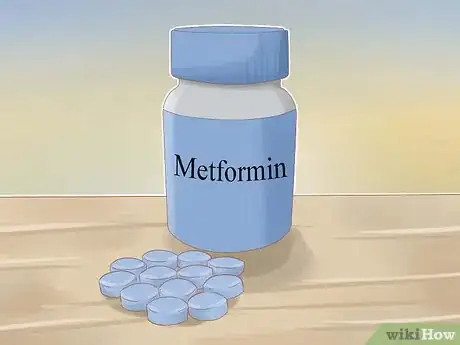
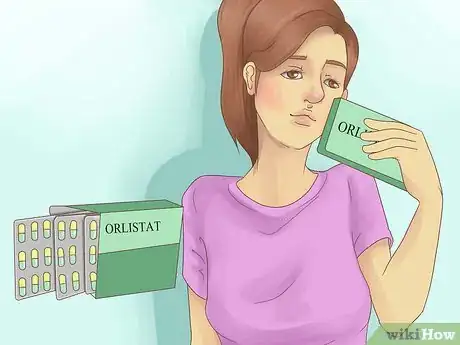
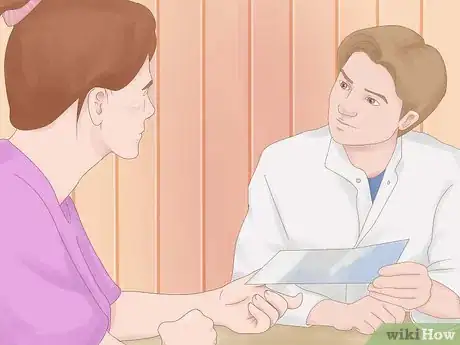
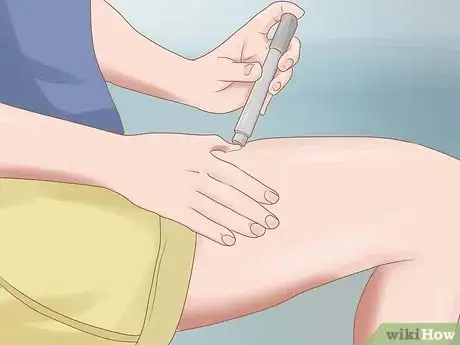
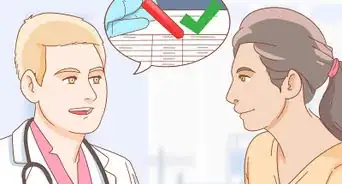
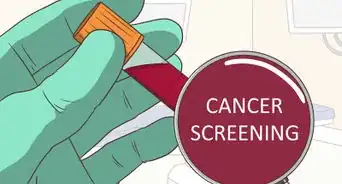
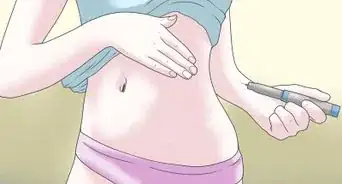
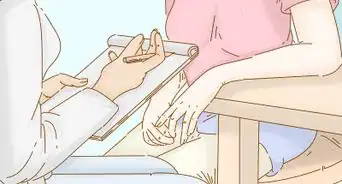
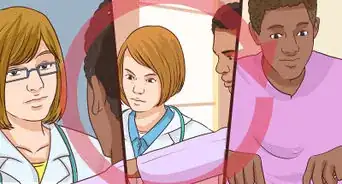
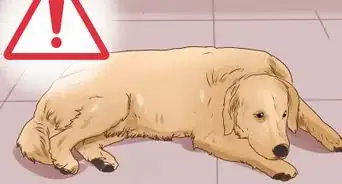

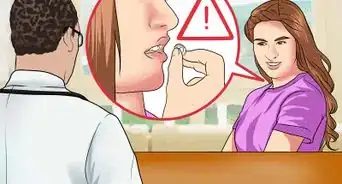

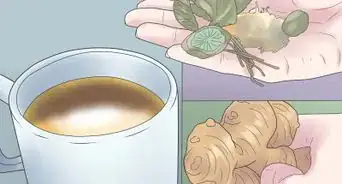

-Step-16.webp)

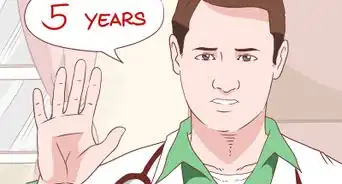










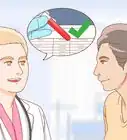
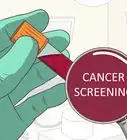





































Medical Disclaimer
The content of this article is not intended to be a substitute for professional medical advice, examination, diagnosis, or treatment. You should always contact your doctor or other qualified healthcare professional before starting, changing, or stopping any kind of health treatment.
Read More...